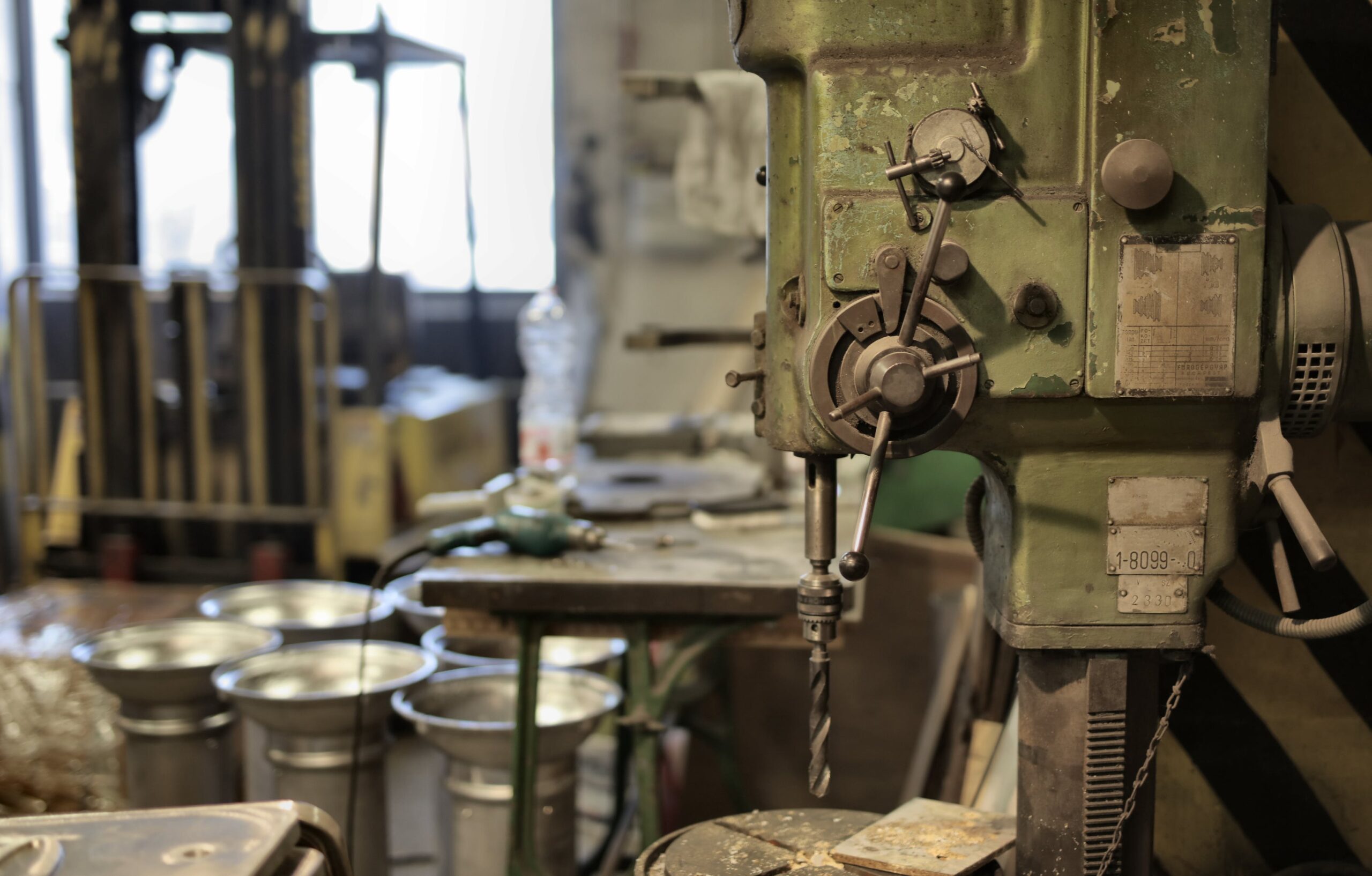It is important to understand that one can have poor mental health without having mental illness. However, getting help at an early stage can help prevent one from slipping into mental illness. Most of all, it is important to know that depression is treatable, writes TSHEPISO TESELETSO
For a long time, a strong link between creativity and depression has been established. While trying to battle depression, painter Vincent van Gogh cut off his own ear. The writer Virginia Woolf walked into a river with her pockets full of stones, stating that she could not live with “going mad again”. Following multiple suicide attempts, composer Robert Schumann died in a mental asylum. Many other artists, documented or not, have gone through the struggle and wrath of depression alone or publicly.
The creative in return uses the creative industry as an escape from depression while also being rewarded by the financial and personal fulfillment of the industry. The Scientific American has put together numerous studies that confirm that artists and writers are up to 20 times more likely to suffer from bipolar disorder and 10 times more likely to suffer from depression. The effect of COVID-19 on an average person is already a lot, but the predisposed creative might be having it at a more unbearable level, especially given the lack of progress, incentive and engagement in their primary source of income and escape route for depression.
But if you are an artist feeling depressed, you should know you are not alone, and you are not crazy. The feeling of not being able to breathe, as if nobody cares about you or sees you, the feeling of being stuck, split into pieces and your future being gloomy is valid, given the adverse effects that the pandemic may have had on you.
What is Depression?
Depression (major depressive disorder) is a common and serious medical illness that negatively affects how you feel, the way you think and how you act. Luckily, it is treatable. Depression causes feelings of sadness and/or loss of interest in activities you once enjoyed. It can lead to a variety of emotional and physical problems and can decrease your ability to function at work and at home. Given that depression can reduce people’s motivation or confidence, it can be difficult to take the first step and reach out to friends, family or a professional.
What can I do to help myself?
1. Reduce stress
Try reducing stress by focusing on things within your control rather than on things outside your control. Reduce stress by being consistent in your sleep routine, hydrate, eat your meals and exercise – running or jogging. Learn some meditation and yoga because they help a great deal in stress reduction and are for free on YouTube!
2. Do something positive
Go to the museum, read an inspiring book, make a gratitude list, have affirmations – I am good, I am strong, I am an overcomer. Remind yourself of the resilience and willpower you have always had and keep your eyes and mind glued to that each time negative thoughts or hopelessness pop up.
3. Have a health toolkit
Playing with your pet, listening to your favourite music, taking a warm bath, or watching a good movie are just a few tools you can try. Add to this list your hobbies and interests. Have a bedtime or wakeup or midday ritual, e.g. affirmations, nice relaxing music or a prayer before you sleep.
4. Plan
Plan your music, try to use this adverse time to use the negative energy towards your music, writing and painting in the creative space. This will get you ready to put something out that may strategically better reposition you in your creative vision plan.
5. Reach out
Reach out to family and friends if you have been unsure of doing this. Some can be understanding and may assist you. Speak to other creatives to set up a creative support network which can help create bonding, awareness and support during both good times and crises like these.
Remember this: You can have poor mental health without having mental illness. But note that the worse the mental health, the higher the risk of developing an illness. Therefore, professional help in this case will be needed.
Where can I get professional help?
Many public institutions can help, including Princess Marina Hospital, Bamalete Lutheran Hospital, Jubilee Hospital, Letsholathebe Memorial Hospital, UB Clinic, Botswana Substance Abuse Network, as well as us at Gaborone Rehabilitation and Emergency Centre.
You can call us at 3111025 or 74070001 to book your first session. We accept medical aids.
Corporates which want to support mental health in their employees or support local artists can also involve us by emailing us at:gabsrehab@outlook.com
*Tshephiso Teseletso is a clinical psychologist

